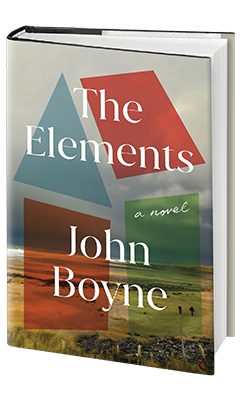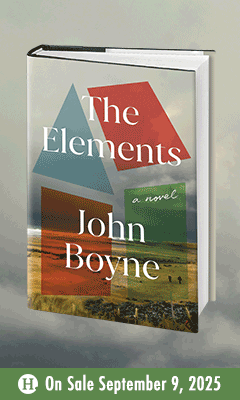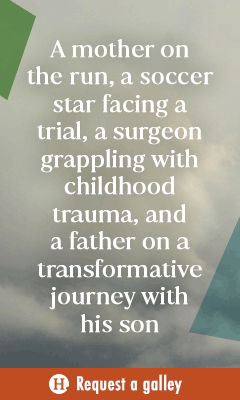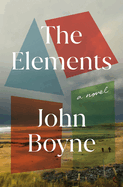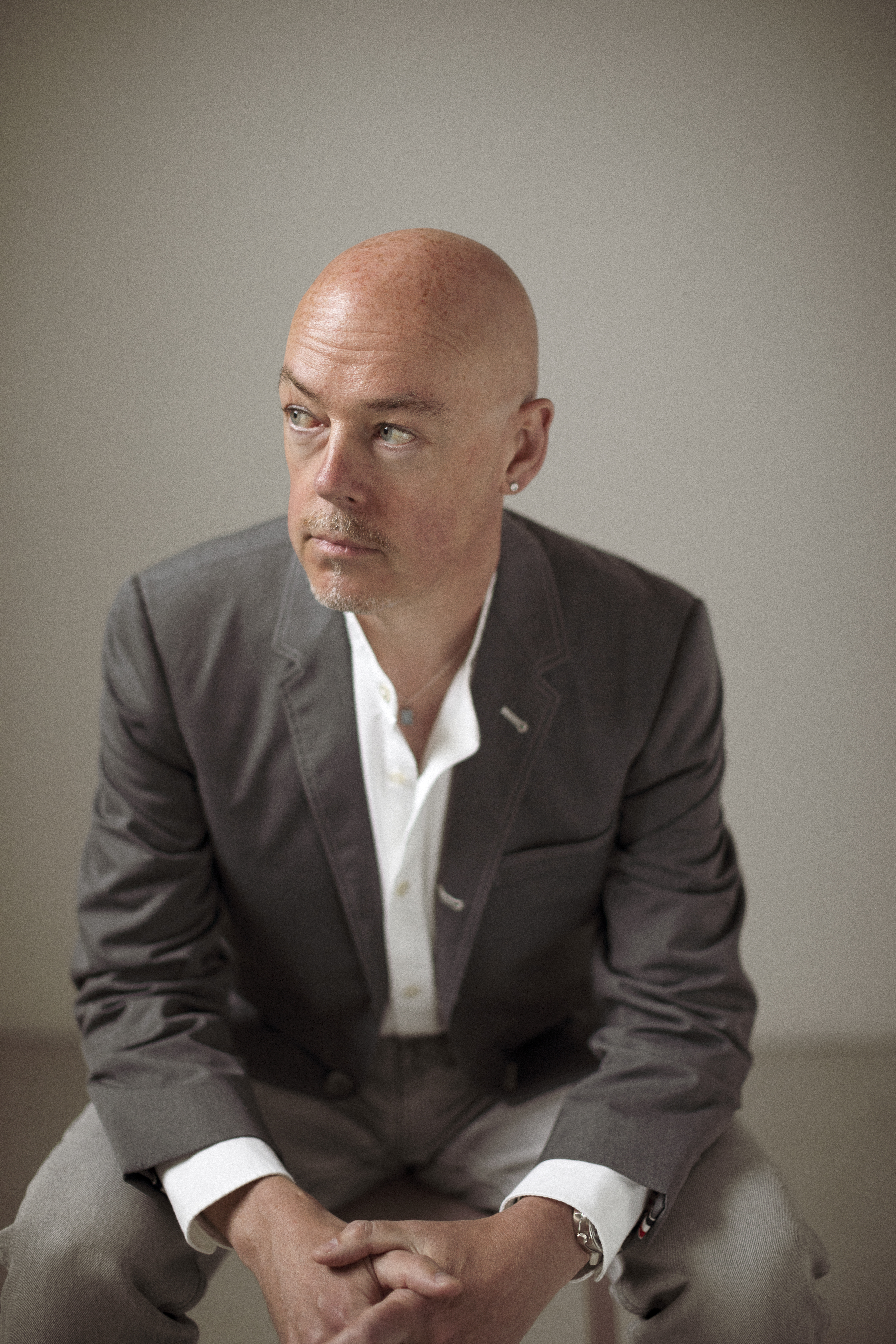The Elements
by John Boyne
John Boyne's 15th novel for adults is one of his finest yet, a masterful compilation of four distinct yet related stories that tackle the weighty issue of sexual abuse in modern times from multiple perspectives. Which is not to suggest it is a mystery or thriller, though it contains elements of both, nor an imagining of one event as seen through multiple points of view; instead, in Boyne's skilled hands, The Elements is a kaleidoscopic literary novel that examines the far-reaching ripple effect of sexual violence as understood by characters with varying relationships to it: as enabler, accomplice, predator, and victim.
Originally published in Boyne's native Ireland and the United Kingdom as four standalone novellas, the four stories in The Elements are at once self-contained and interconnected, with a character from each pulled forward as the narrator of the subsequent story. In "Water," a well-to-do wife and mother from Dublin re-christens herself as Willow Hale, following the collapse of her orderly world. Fleeing Dublin for a coastal island with a population numbering in the hundreds, Willow mourns the death of one daughter and estrangement from another while raging against her soon-to-be-ex-husband for the crimes he committed against students in his care. A young boy from the island eventually flees for mainland Ireland, becoming the narrator of "Earth." Evan dreams of becoming an artist but is forced to use his body to support himself: first as a farmhand, then in the beds of older men, then as a star soccer player. "I was reared in the mud and the dirt," he notes, and yet winds up in a high-rise apartment, deep in unrequited love for his straight best friend and with a highly questionable understanding of consent. In "Fire," Boyne boldly takes readers into the mind of Freya, a surgeon who works with fire victims, as she carefully selects young boys to coax back to her apartment. One of those boys, Aaron, re-appears as the narrator of "Air," now the father of a recalcitrant teenager forced to fly halfway across the world to visit his grieving mother on that same sparsely populated island off the coast of Ireland. His mother, filled with despair when she first lived on the island, lamented: "The elements--water, earth, fire, air--are our greatest friends, our animators. They feed us, warm us, give us life, and yet conspire to kill us at every juncture."
Boyne has spoken publicly about his own experience of abuse as a young man, and called the writing of this novel both "dark" and "cathartic." It's an experience that is paralleled as a reader; The Elements is difficult to read and equally difficult to put down once begun. Each story is compelling in its own right, probing questions of complicity and power, storytelling and secrets, the lies we tell each other and the lies we tell ourselves. Taken together, the four combine into a powerful and moving examination of what it means to be human. Can one be complicit in and party to and victim of violence, sometimes all at once? Where is the line between understandable and unforgivable, and what happens when that line is crossed? Boyne probes the inner worlds of narrators living within this complexity and violence, and also with a desire for justice and love. Willow, on seeing Evan fleeing the small island that raised him harshly, reflects, "I hope that he will not know pain or betrayal or disappointment, but of course he will, because he's alive and that's the price we pay." The Elements honors this reality while also holding that these pains are not all that exists.
Making small talk with a writer at a party, the narrator of "Air" questions the author about happy endings. Her take is that the happy ending is not necessary for the characters--but that "readers need to feel that there's hope. For them." This same could said of The Elements itself: Boyne may not offer happy endings as we traditionally understand them, but does not leave readers without hope--for themselves. He skillfully brings each story back around by the end to tie up some loose ends and offer brief glimmers into the outcomes of characters left behind. In these glimmers, The Elements manages to offer readers the same hope Aaron's author friend envisions. Through each of these four narrators--themselves often unreliable in accounting for their own actions--the novel invites readers into a place of nuance and complexity, where right and wrong collide and intertwine and don't always fade back to black and white. Brutal, honest, and masterfully crafted from start to finish, The Elements is a literary feat from one of Ireland's most beloved contemporary writers. --Kerry McHugh



